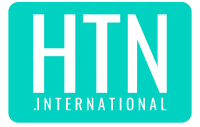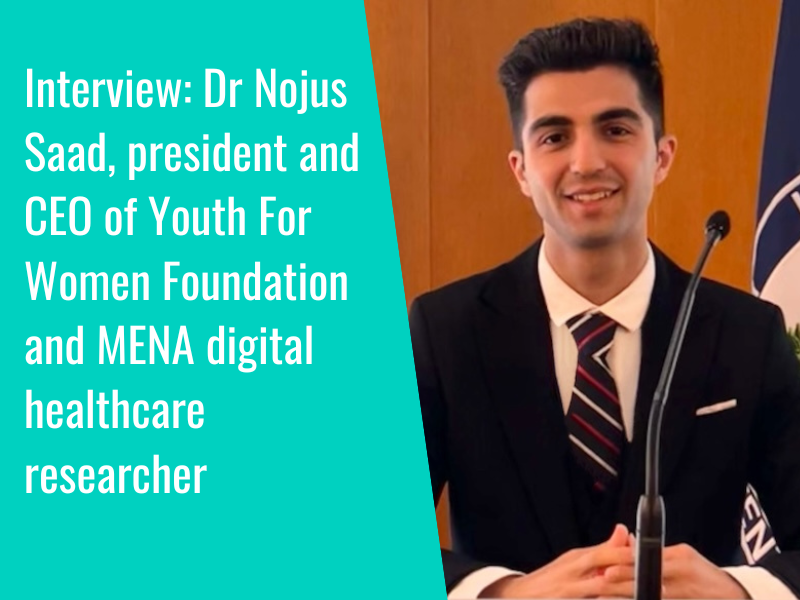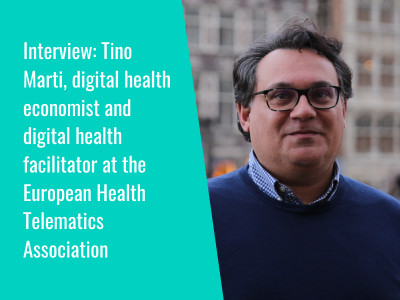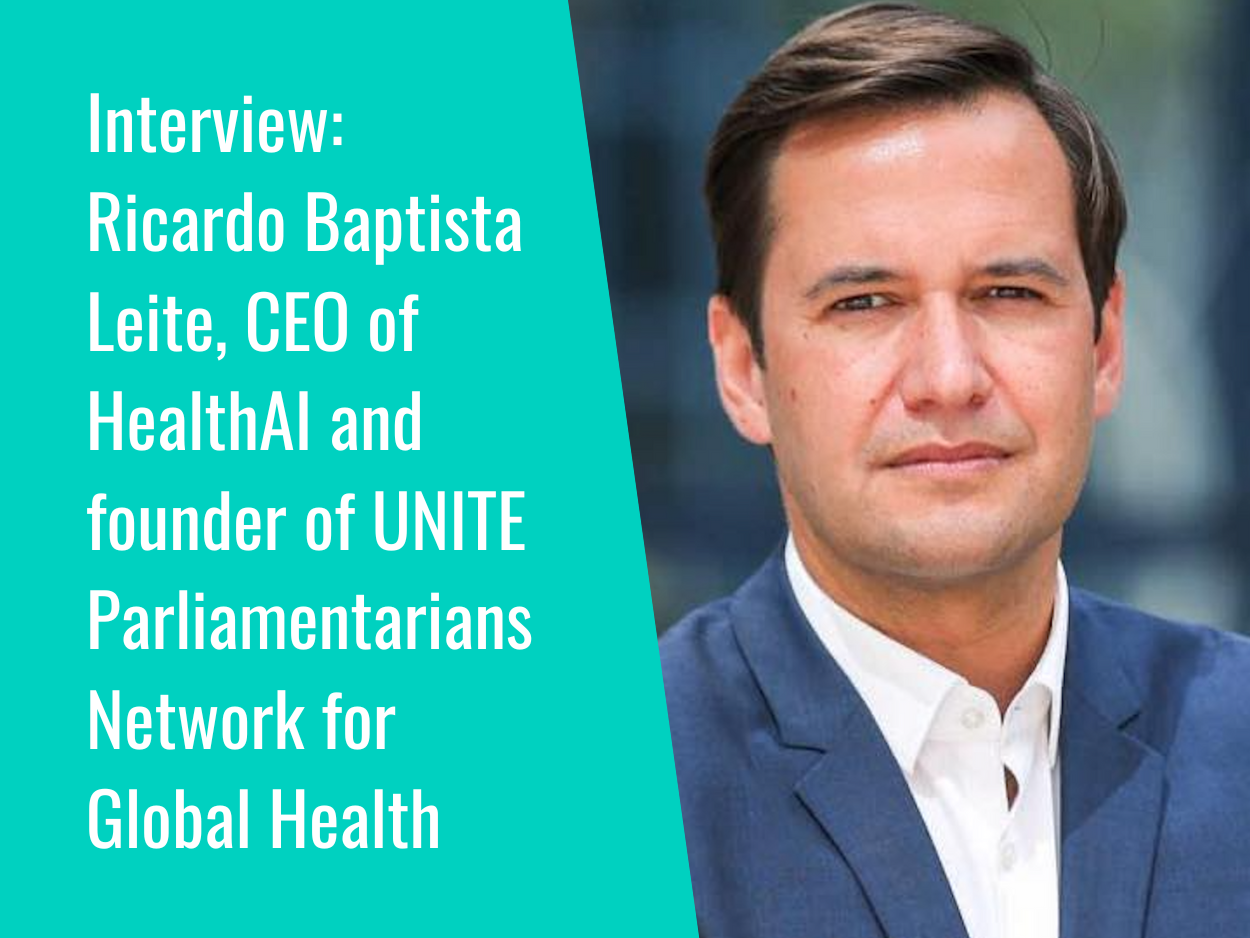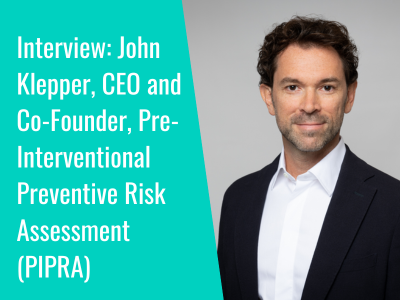At the G2O summit in India, the WHO announced that it would be launching a new Global Initiative on Digital Health (GIDH), which will support the implementation of the Global Strategy on Digital Health 2020–2025.
The GIDH will “converge and convene global standards, best practices and resources to fast track digital health system transformation”, encouraging collaboration and sharing between nations.
Outcomes that the initiative will work toward include the development of investment plans for digital health transformation, the improvement of reporting and transparency in digital health resources, and the support of “whole-of-government” approaches to digital health governance. It will also increase technical and financial support, with the WHO and its partners announcing “substantial commitments in cash and kind from multiple stakeholders” in support of the GIDH’s work.
The WHO’s article detailing the launch shares that since the first WHO resolution on health was published in 2005, more than 120 Member States have developed a national digital health policy or strategy. It further highlights that, although the COVID-19 pandemic “resulted in a boost in digital health use”; “many countries express the need for support to move from product-focused and pilot digital health initiatives to establishing national digital health infrastructure”.
Dr Tedros Adhanom Ghebreyesus, WHO’s director-general, said: “We thank the G20 countries and the India G20 Presidency for recognizing WHO’s unique role and strengths in this area and supporting the establishment of the new GIDH network. Continued support and collaboration of the G20, development partners and international organizations will be necessary to accomplish together what none of us can do alone. WHO is committed to working with countries to strengthen their capacities and to improve access to quality-assured digital solutions for a healthier, safer, fairer future.”
The new GIDH webpage shares that the initiative will be prioritising areas of work across the assessing and prioritizing of Member States’ needs; evaluation of the availability and reporting of country-level digital health resources; identification of under-funded priorities; building capacity; and addressing variability in quality of digital solutions.
The four pillars underpinning the work of the initiative are a country needs tracker, a country resource portal, a transformation toolbox, and a convening and knowledge exchange. The country needs tracker will facilitate digital health investments informed by country priorities; the country resource portal will identify innovative resource opportunities; the transformation toolbox will advocate for “quality-assured tools and resources that strengthen country capacity and autonomy” in managing national digital health transformation; whilst the convening and knowledge exchange will promote collaboration and knowledge exchange across global and regional networks in digital health.
In other news from the WHO, the organization has recently launched an artificial intelligence digital health worker, Florence, with support from the Qatar Ministry of Health.
- 1
- 2
